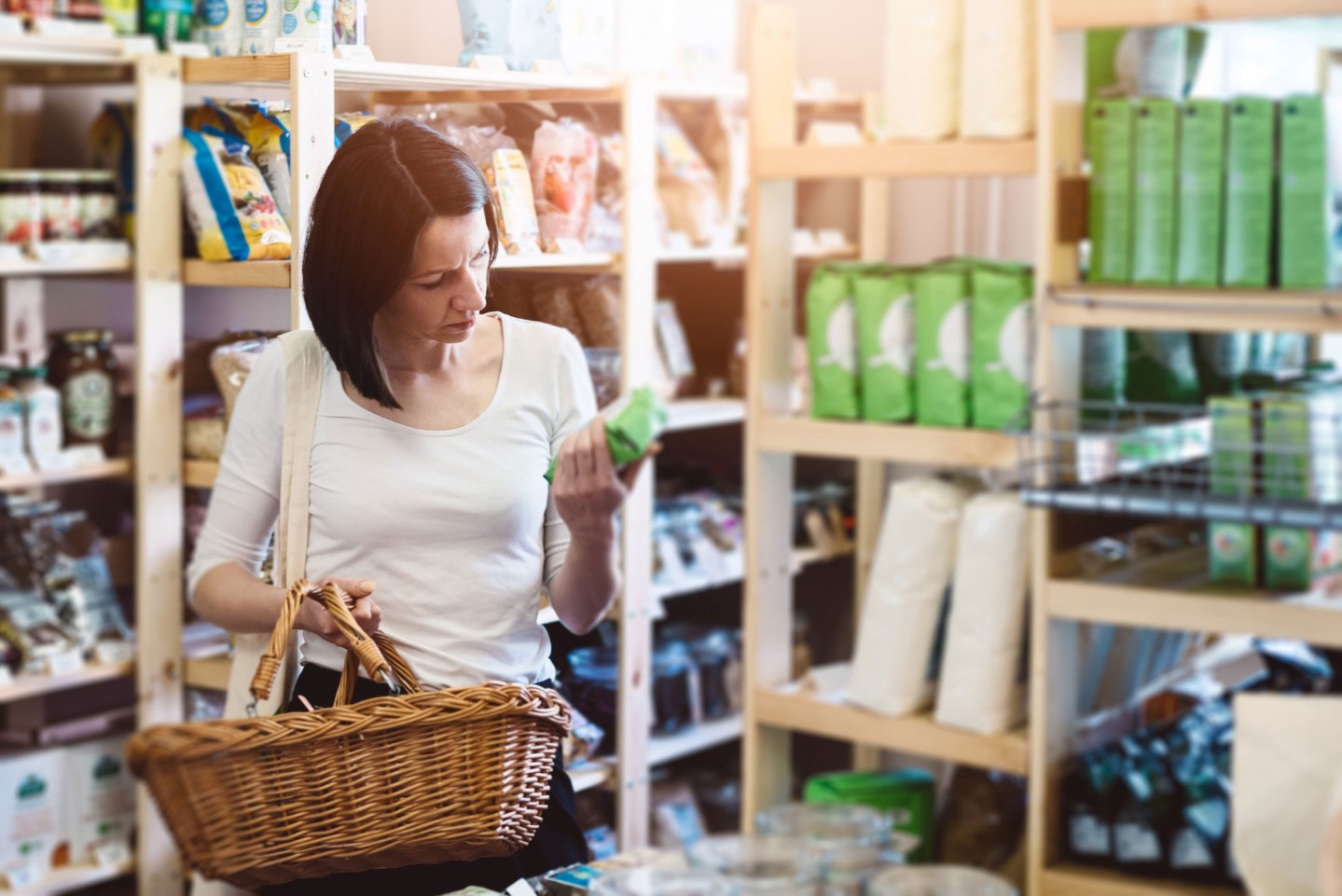Beyond the Chill: Understanding Raynaud's Phenomenon
JAN 29, 2026Raynaud's phenomenon is a rare disorder that affects the blood vessels, most commonly in the fingers and toes, but sometimes also in the nose, ears, or lips.
Read More
Think the Italian Mafia has no hold on you? Think again.
“Food Fraud” is a term starting to make a name for itself in the households of Americans. The term is specifically defined as “the deliberate and intentional substitution, addition, tampering, or misrepresentation of food, food ingredients, or food packaging; or false or misleading statements made about a product, for economic gain.”
To put it simply, certain mainstream products in your grocery store might not actually contain ingredients stated on their food label. In many cases, criminals or illegal organizations are responsible.
While this is a new public concern for the US, the food tampering business has some serious roots. In 1906, the United States government passed the “The U.S. Pure Food and Drug Act of 1906,” in response to “fraud jokesters” that would adulterate food for humor and fun.
Under a more serious light, our government then passed a second law known as “The US Food Drug and Cosmetic Act” in 1939, after pet and citizens were being harmed by diethylene glycol, a sweet-tasting chemical used to make antifreeze that was being added to some foods, make up and pet products.
Where does the Mafia come in? They are sneaking onto your tables in the form of low quality or FAKE olive oil. They do this by imposing on small and large olive growers using monetary bribes and in some cases violence. Once they have their foot in the door, illegal practices are added into production. Some examples include:
A study published in the Journal of Food Protection (Everstine et al., under review) also found these categories to be of concern:
How do we fight this at home? Leaders in government are doing their best to develop policies and procedures to ensure products shipped to the US are authentic and safe, but there are still many leaks in the floorboards. Buying products grown and processed in the US will less connection to illegal activity, along with buying locally at farmer’s markets and local grocers.
For olive oil specifically, online Italian retailers may be a safer choice (Iannotta Oil), along with products produced in California. A good rule of thumb: If you’re paying seven to eight dollars for a bottle of Italian extra-virgin olive oil, it’s probably not the real deal.

Raynaud's phenomenon is a rare disorder that affects the blood vessels, most commonly in the fingers and toes, but sometimes also in the nose, ears, or lips.
Read More
With advancements in minimally invasive surgical techniques and the steps we take to prepare patients for an operation, bariatric surgery is more safe and less invasive than ever before.
Read More
Winter brings beautiful snowy landscapes and cozy evenings, but the cold, dry air—indoors and out—can be harsh on our hands, leading to dryness, cracking, and even more serious issues like frostbite. Protecting your hands is crucial for comfort and s...
Read MoreWhen you need local health information from a trusted source, turn to the CHI Health Better You eNewsletter.